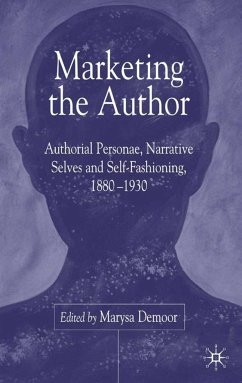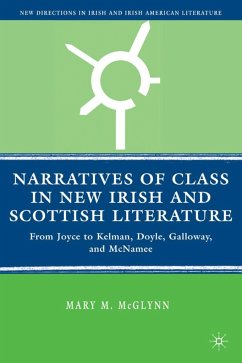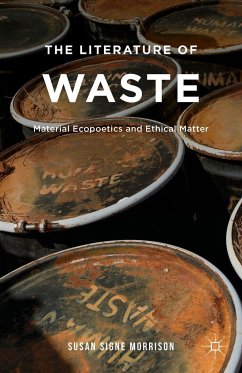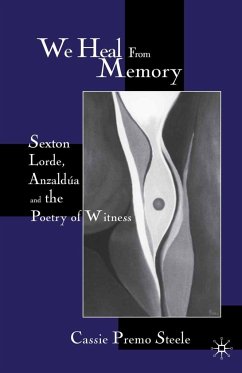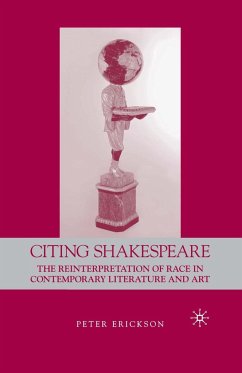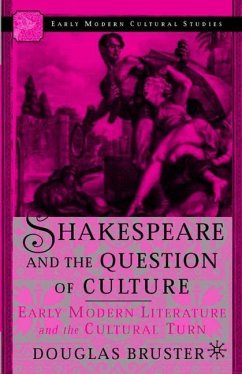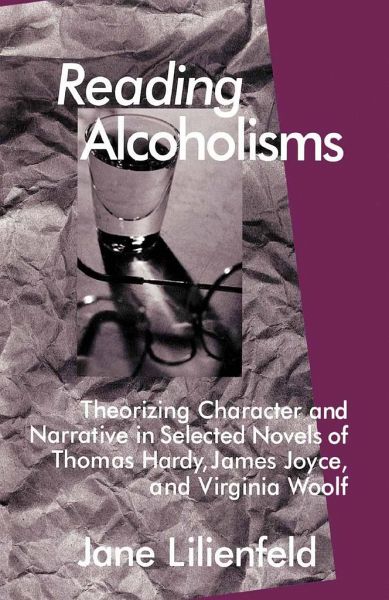
Reading Alcoholisms
Theorizing Character and Narrative in Selected Novels of Thomas Hardy, James Joyce, and Virginia Woolf
Versandkostenfrei!
Versandfertig in über 4 Wochen
52,99 €
inkl. MwSt.
Weitere Ausgaben:

PAYBACK Punkte
26 °P sammeln!
With Reading Alcoholisms, Jane Lilienfeld has produced a ground-breaking cross-disciplinary study using the social, psychological, and scientific literature on alcoholism and family alcoholism to examine the novels of Hardy, Joyce, and Woolf. Each of these authors was directly affected by the alcoholism of a family member or mentor, and Lilienfeld shows how the effects of alcoholism organized their texts: through the portrayal of a protagonist in The Mayor of Casterbridge, through the denial of parental alcoholism and its silent presence in A Portrait of the Artist as a Young Man, and through ...
With Reading Alcoholisms, Jane Lilienfeld has produced a ground-breaking cross-disciplinary study using the social, psychological, and scientific literature on alcoholism and family alcoholism to examine the novels of Hardy, Joyce, and Woolf. Each of these authors was directly affected by the alcoholism of a family member or mentor, and Lilienfeld shows how the effects of alcoholism organized their texts: through the portrayal of a protagonist in The Mayor of Casterbridge, through the denial of parental alcoholism and its silent presence in A Portrait of the Artist as a Young Man, and through codependent reactive patterns of Mrs. and Mr. Ramsay in To the Lighthouse. With the remarkable empathy Lilienfeld has for human dimensions of alcoholism, she demonstrates that "the narrative strategies in each of these novels at times mimic the behaviors and feeling states often arising from alcoholism." Without an understanding of the multidimensional nature of alcoholism and the transmission of its effects across generations, any analysis of the work of these three literary giants is incomplete.




